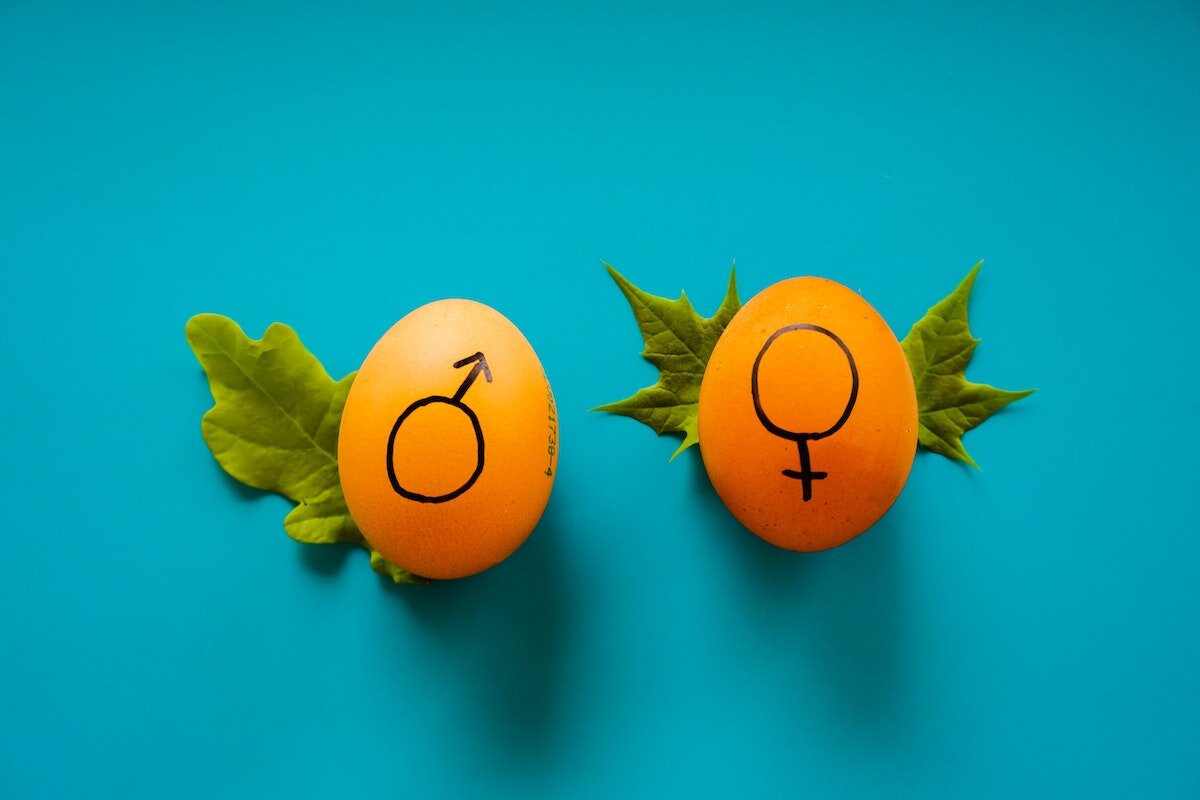A Complete Guide To Sex Discrimination
Photo by Dainis Graveris on SexualAlpha
There is no such thing as gender equality. Yet.
In fact, most humans are treated differently because of their sex, whatever country they're from.
The UNICEF declares that: "worldwide, nearly 1 in 4 girls between the ages of 15 and 19 are neither employed nor in education or training - compared to 1 in 10 boys."
In the meantime, even in a developed country like Australia, a government report from 2018 states that 72% of the population has been sexually harassed at least once in their lives.
How to recognize sex discrimination? What are some of the current issues, and who embodies the constant fight for sexual freedom and equality these days?
Stick around to know more!
What is sex discrimination?
Sex discrimination is the fact of treating somebody differently, and even unfairly, for no other reason than the person's sex. It includes discrimination towards men, women, other gender identities, and all sexual orientations.
Although such behaviors are often against the law in most western countries, many others lack regulations, or worst, work towards further oppression of minorities.
Sex discrimination is illegal in countries such as Australia, Canada, Europe, Japan, the United States, but domestic violence is openly allowed in Iraq and Nigeria. In the Bahamas, India, Singapore, and Yemen, marital rape is also supported by the law.
Even in so-called developed countries, scandalous things are still tolerated. Child marriage, for instance, is permitted in the United States. The required minimum age is currently below 18 years old in 46 states.
How to recognize sex discrimination?
There are four ways people can experience discrimination:
Direct discrimination
A case in which a person of different sex is treated more favorably compared to you.
For example, in countries like Tunisia and the United Arab Emirates, male hairs are valorized over females. Indeed, it's the custom to allow sons to inherit a larger amount of assets than daughters.
Indirect discrimination
Indirect discrimination happens when a rule or a practice, which applies to everyone, turns out to be disfavorable to a person because of their sex.
For example, an employer decides to give unusual shifts for workers who don't have kids. As LGBTQ+ people are less likely to have children, they are then disadvantaged by this rule.
Harassment
You can call harassment when a person feels humiliated or degraded by the way another person treats them - whether it's verbal (comments, jokes, etc.) or physical (touching, assault, etc.) If the victim refuses to play the harasser's game, it can lead to unfair consequences.
It could look like that in a concrete situation: a man gets fired because he didn't accept to sleep with his boss.
Victimization
It happens when someone gets mistreated because they made a complaint of discrimination.
For instance, a man testifies in front of a Tribunal that a colleague suffered from discrimination at work. Later on, the man gets fired.
Activists from all around the world: what do they fight for?
Maya Tutton
Maya is a 21 years old British activist fighting against sexual harassment. After experiencing and observing how common it is for women to feel vulnerable in public, she launched the campaign Our Street Now to make street harassment illegal in the UK.
She believes that until women don't feel safe in the public space, there is no real freedom and gender equality possible.
Malala Yousafzai
This incredible young woman stood up against the Taliban to advocate girls' right to go to school in Pakistan. In 2014, Malala received the Nobel Peace Prize. She was 17 years old.
As early as 11 years old, she began blogging anonymously about life under Taliban rule, which was forbidding education for girls. Her voice began to spread in the whole country, and for that, she was shot.
After surviving the attack, she founded the Malala Foundation, helping education projects to blossom all around the world.
Matcha Phorn-In
Bullied at school for being from an ethnic minority in Thailand and a lesbian, Matcha explains that her experience as a woman and LGBTQ+ inspired her to fight for social change.
Advocating for human rights and gender equality, she leads a development project helping indigenous youth, who doesn't have Thai citizenship, to access education as a tool for long-term change.
Sandra Moran
Sandra is the first openly lesbian member of the Congress in Guatemala. Being a lesbian and a politician, she wanted to embody, more than anything else, the fact that LGBTQ+ have the right to be seen.
She believes that raising public opinion is the first step for greater change.
Feeling like you want to know more?
Today is Zero Discrimination Day, which means it's the perfect day to educate yourself about social (in)justice, and how it affects our daily lives ♥
Have a look at this article, where we talked extensively about all the different social justice issues, and how the law influences your sexuality.















Let's be honest: what is the first thought that comes to your mind when you hear about scheduling sex? Boring. Laborious. So-not-sexy. Yet, many sexologists swear by this practice to cultivate intimacy within a relationship.